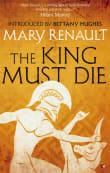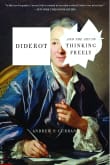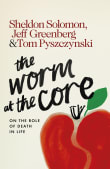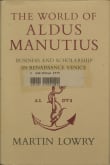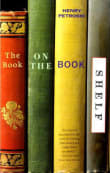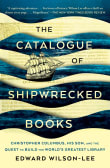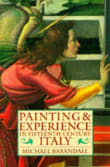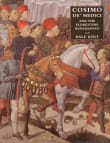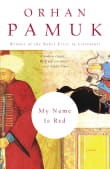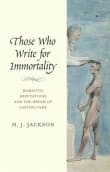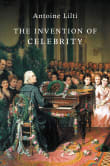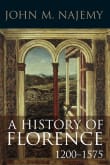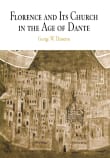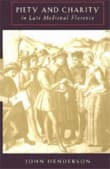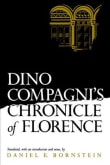The Swerve
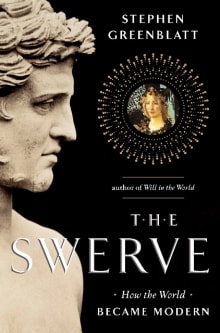
Book description
In the winter of 1417, a short, genial, cannily alert man in his late thirties plucked a very old manuscript off a dusty shelf in a remote monastery, saw with excitement what he had discovered, and ordered that it be copied. He was Poggio Bracciolini, the greatest book hunter of…
Why read it?
5 authors picked The Swerve as one of their favorite books. Why do they recommend it?

It is a great (true) story about how ancient understandings were brought back into the world through the struggles and determination of medieval scholars.
In particular, it tells the story of “the book hunter”, Poggio Bracciolini, as he scoured European monasteries, seeking old manuscripts which had been copied, and recopied from ancient Latin texts.

While The Swerve is not exactly a book about posterity, it nonetheless provides a wonderful case study of a text that remained on the verge of destruction for centuries, before going on to play a tremendously influential role in shaping our modern world. This book is none other than On The Nature of Things by Lucretius –one of the foundational texts of Western culture, whose impact was postponed to the fifteenth century, as it would not have seen the light of day without its serendipitous rediscovery in a German monastery by Poggio Bracciolini (1380-1459). This gripping work offers a fascinating…
From Benjamin's list on why people write books.

I suspect everyone who writes shares a secret belief that a single book has the power to change the world – but how often does a world-famous academic come along with a brilliantly readable book explaining exactly how, where, when, and why this actually happened. (Lucretius’ On the Nature of Things, rediscovered in 1417 by a book hunter named Bracciolini.)
The only non-fiction book on my list, I love The Swerve unreservedly for the evidence it provides – if any were needed – that while our literary dreams of making the world a better place almost certainly won’t come…
From Tom's list on historical adventures that make you think.
If you love The Swerve...

Everybody knows that the Renaissance involved the rediscovery of ancient texts but today it’s hard for us to relate to the obsession, risks, and extensive travel Renaissance humanists went through to hunt these lost manuscripts. This book brings you right into the mind of a Florentine humanist who, in 1417, in a remote monastery, fortuitously discovered Lucretius’ poem On the Nature of Things, a radical ancient Roman text that had been lost for a thousand years and that explained how matter is made up of very small material particles in eternal motion, randomly colliding and swerving in new directions.…
From Francesca's list on the art and culture of Renaissance Florence.

This is a book about one book in particular: Greenblatt looks at the rediscovery of a manuscript by the Roman poet Lucretius’s De Rerum Natura in the early 1400s. The poem’s philosophy—a strikingly novel mix of pleasure-seeking and atheism—influenced many philosophers and scientists in the decades and centuries that followed, from Machiavelli to Galileo and Newton. Greenblatt may overstate his case, but the narrative proceeds at a wonderful clip as he presents a harrowing portrait of the fragility of knowledge and a compelling argument for the power of books and ideas to change our thinking about the world.
From Ross' list on books about books.
Want books like The Swerve?
Our community of 12,000+ authors has personally recommended 100 books like The Swerve.


